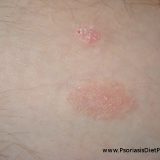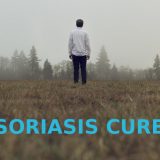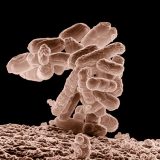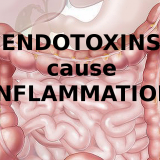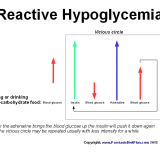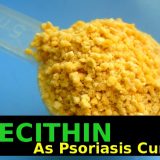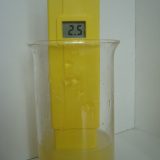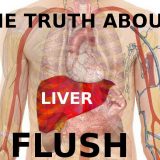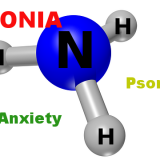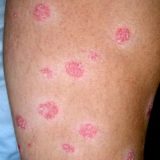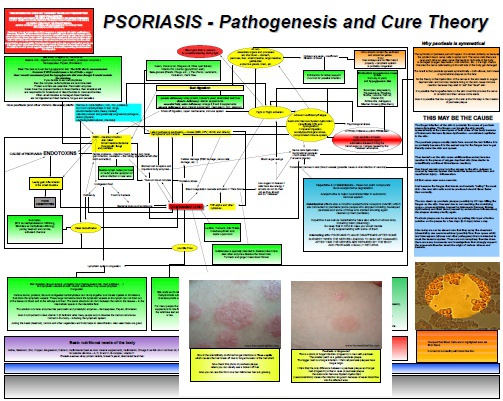Coconut Water and Oil: The Potent Anti-Inflammatories For Psoriasis
Psoriatics don’t know the fact that coconut has some substances in it which markedly improve or even cure psoriasis in some people as soon as after a few weeks of use (2 – 6 weeks). And it is not just psoriasis but also the other inflammatory conditions which get much better with eating the coconut products especially coconut water and coconut oil. How does coconut make it so well in many other health problems? In case of Alzheimer’s disease it…


